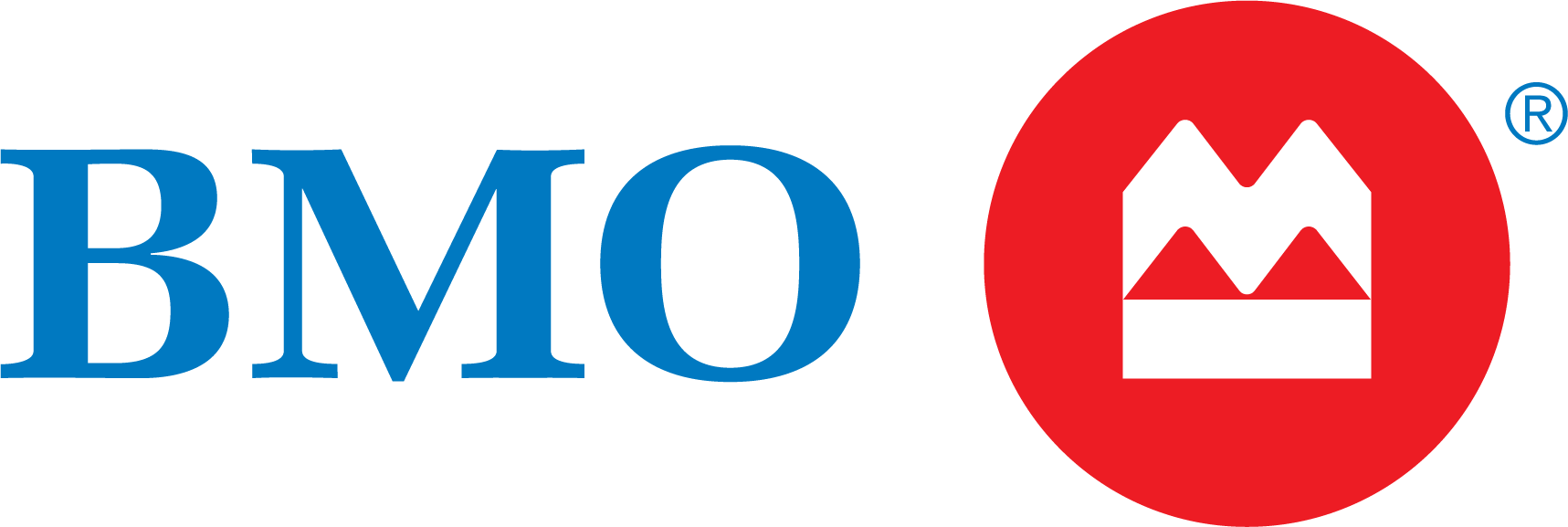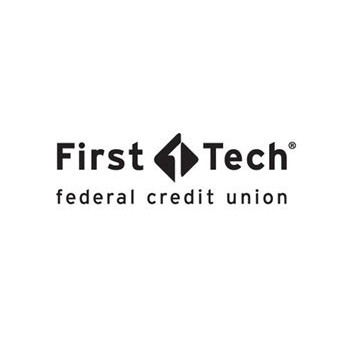U.S. Bank Smartly® Checking
Recommend for those with larger direct deposits
- Mobile check deposits and Bill Pay
- Overdraft Fee Forgiven and overdraft protection
- Highly-rated app
SoFi Checking and Savings
Online-only bank with a whole suite of financial products
Earn up to 4.00% APY
- Automatic Savings w/ Roundups
- Large network of fee-free ATMs nationwide
- No account maintenance fees

BMO Smart Advantage
Big bank with neobank vibe
- 40,000+ fee-free ATMs
- Digital Banking with mobile check deposit

First Tech Rewards Checking
Recommended for rewards and those that want a credit union
Earn up to 3.50% APY
- Earn high APY on checking and savings
- No minimum balance or monthly fees
- Federally insured by NCUA
Varo Bank
Recommended for those with less than perfect credit
- No maintenance fees and no minimum balance requirements
- High Yield option and cashback perks.
- Plenty of in-app account controls
How to Choose the Best Checking Account
Your checking account is the primary bank account you’ll use every day, so it’s important to choose the right one.
Now that you know what some of the best checking accounts are, here are a few factors to consider to choose the right one for your needs.
Consider Account Features
Some checking accounts offer more convenient features than others. In addition to the basic functions of a checking account, here are some other features to look out for:
- Mobile deposits and online bill pay: Look for mobile banking features that allow you to easily make and receive payments on your phone.
- Peer-to-peer payments: See if the account is integrated with Zelle or allows you to send and receive money with Venmo and other P2P payment apps.
- Early pay: More and more checking accounts are offering account holders who receive direct deposits access to their paychecks up to two days early.
- Overdraft protection: If you want to avoid overdraft fees or declined charges, look for an account that offers some form of overdraft coverage.
- Cashback rewards: For an account that pays you with more than interest, consider a rewards checking account with cashback.
Compare APY
The annual percentage yield (APY) is the amount of interest banks pay on your account balance. While savings accounts tend to pay out higher interest, there are some impressive high-yield checking accounts out there.
You’ll find the highest rates at online banks. As you explore accounts, compare the APY they promote and read the fine print. Some banks cap the amount of money you can earn interest on or reserve the best APY for higher account balances.
Evaluate Fees
Account fees can eat into your checking account balance. Several free checking accounts don’t charge a monthly fee, and a lot of banks waive maintenance fees when you enroll in paperless statements or maintain a minimum account balance.
Overdraft fees can also be steep, especially at traditional banks. If you have a tendency to overdraft, look for a checking account with overdraft protection. You can also minimize fees by choosing a bank with access to fee-free ATMs or one that reimburses out-of-network ATM fees.
Factor in Accessibility
On that note, you should also consider how accessible a bank is. If you prefer face-to-face interactions, that might mean choosing a bank with a local branch you can easily visit.
Or if you’re a frequent flyer, look for a bank with widespread branch and ATM availability nationwide. And if you aren’t concerned with branch access, prioritize an account with a straightforward mobile banking app and accessible customer support.
Choose Between Online and Traditional Banking
You have access to a lot of banks and credit unions, and choosing the right type is important. First, you need to decide whether you prefer an online bank or a traditional one.
Because they don’t have the same overhead costs, online banks tend to offer much higher interest rates and fewer fees. The downside is that they don’t have local branches and might have a more limited product lineup.
Look for FDIC Insurance
It’s important to do business with a bank that’s insured by the Federal Deposit Insurance Corporation (FDIC). FDIC insurance protects your funds in case a bank fails, usually up to $250,000 per account type and depositor, with some banks participating in sweep programs to offer millions of dollars of coverage.
Similarly, if you’re banking with a credit union, make sure your checking account is covered by the National Credit Union Administration (NCUA).
Bank with Bonuses
Lots of the nation’s best banks and credit unions offer welcome bonuses to draw in new customers. These promotions can pay anywhere from a few dollars to hundreds, making your new account that much more rewarding.
As you shop around for a new checking account, use our site’s tools to compare current checking account promotions and filter down to the offers you’re eligible for.
Frequently Asked Questions
What services do checking accounts offer?
At their core, checking accounts let you deposit funds, withdraw cash, write checks, make electronic transfers, use a debit card, and access ATMs.
You should also be able to easily manage your checking account online or with a mobile banking app, and some checking accounts have added features like overdraft protection, early pay, budgeting tools, and Zelle transfers.
What types of checking accounts are there?
Beyond traditional accounts, there are several types of specialized checking accounts to choose from. Like we mentioned earlier, you can open a high-yield checking account that offers APY or a rewards checking account with cashback.
There are also checking accounts tailored to kids and seniors, as well as second-chance checking accounts to help people with a poor banking history rebuild.
Should you open a checking account online or in a bank?
While the requirements might vary from one bank to the next, you can easily open a checking account online in a few minutes with a lot of traditional and online banks.
You’ll just need to have documentation like your driver’s license, address, and SSN or ITIN handy.
Can you have multiple checking accounts?
You can. There’s no set limit to how many checking accounts you can open. In some cases, having multiple checking accounts makes sense.
It can help you organize your finances, separate business and personal cash flows, get the best of both worlds with traditional and online account features. and access rewarding bank bonuses.









